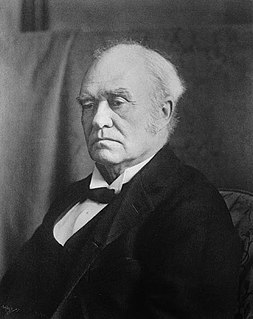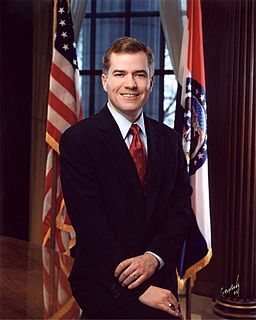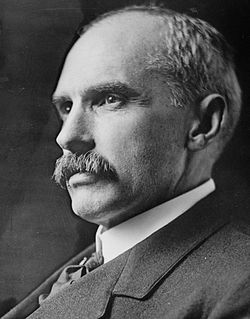A Quote by Lyndon B. Johnson
Once we considered education a public expense; we know now that it is a public investment.
Quote Topics
Related Quotes
The trouble is that privacy is at once essential to, and in tension with, both freedom and security. A cabinet minister who keeps his mistress in satin sheets at the French taxpayer's expense cannot justly object when the press exposes his misuse of public funds. Our freedom to scrutinise the conduct of public figures trumps that minister's claim to privacy. The question is: where and how do we draw the line between a genuine public interest and that which is merely what interests the public?
Higher education isn't just a personal investment. It's a public good that pays off in a more competitive workforce and better-informed and engaged citizens. Every year, we spend nearly $100 billion on corporate welfare, and more than $500 billion on defense spending. Surely ensuring the next generation can compete in the global economy is at least as important as subsidies for big business and military adventures around the globe. In fact, I think we can and must go further - not just making public higher education tuition-free, but reinventing education in America as we know it.
The education here intended in not merely that of the children of the rich and noble, but of every rank and class of people, down to the lowest and the poorest. It is not too much to say that schools for the education of all should be placed at convenient distances, and maintained at the public expense.
Now the expectation is that, once the public decides that the artist is gentrified, the public demands that the artist stop growing. And [the public] actually puts all their energy into reasserting or re-establishing what the artist has long ago left behind. Because that's what they want. The source of creativity, the gift that's been given, be damned.

































